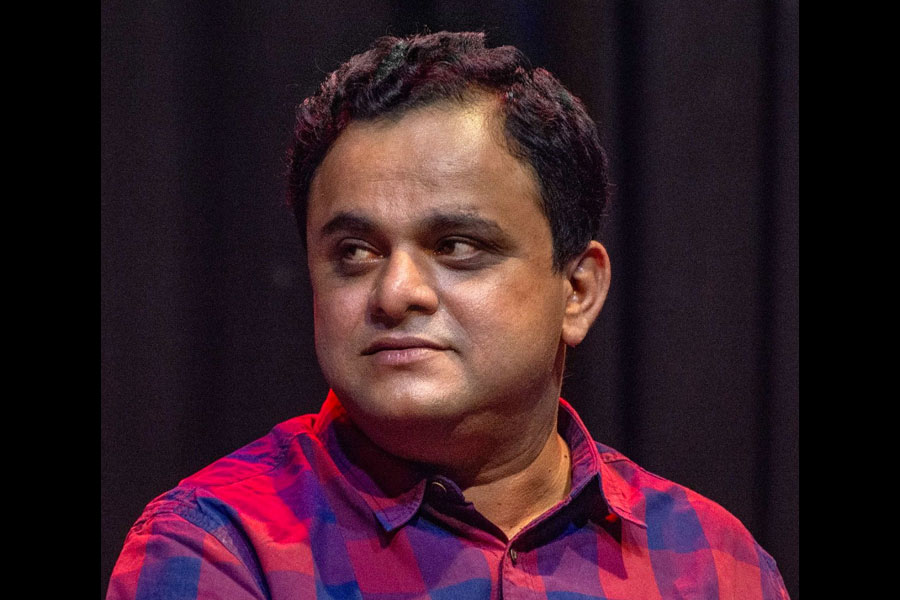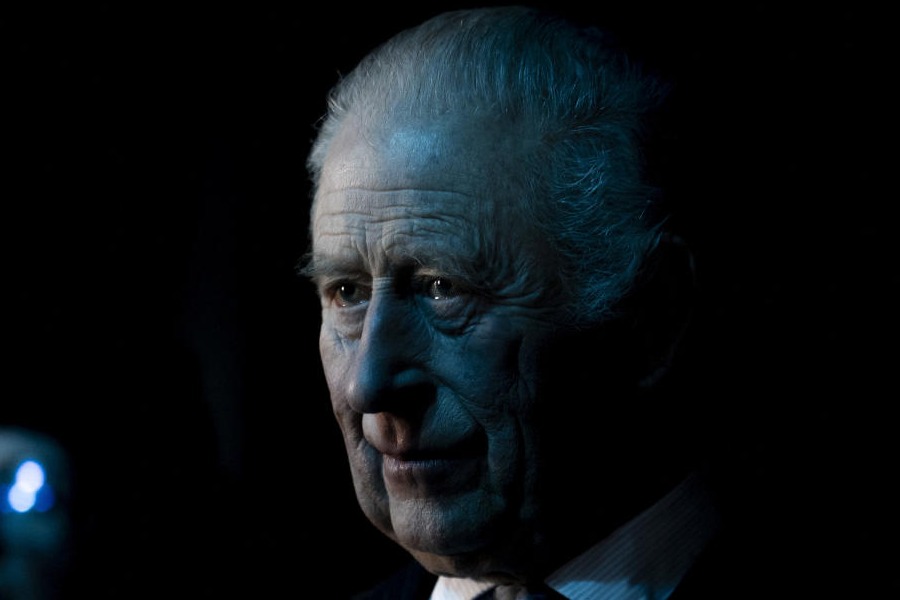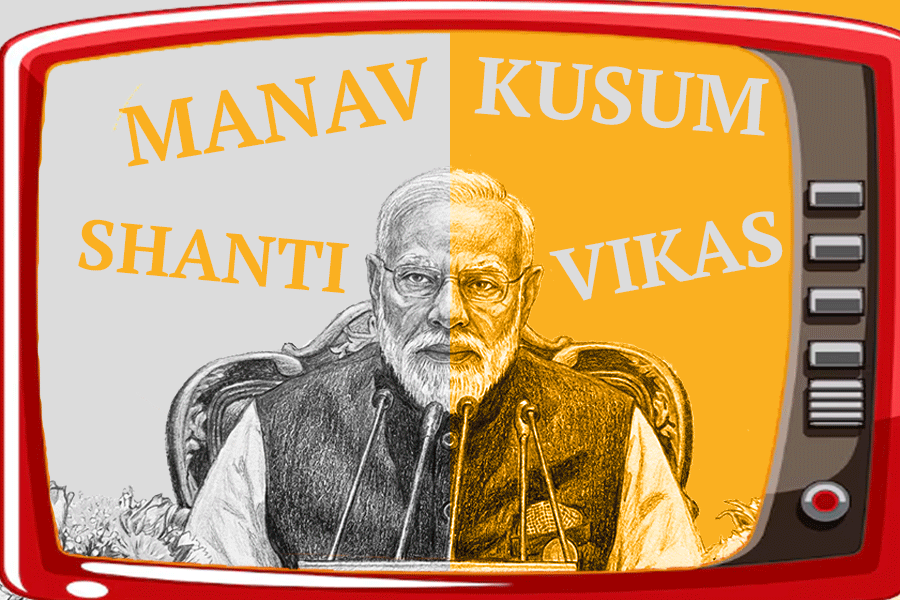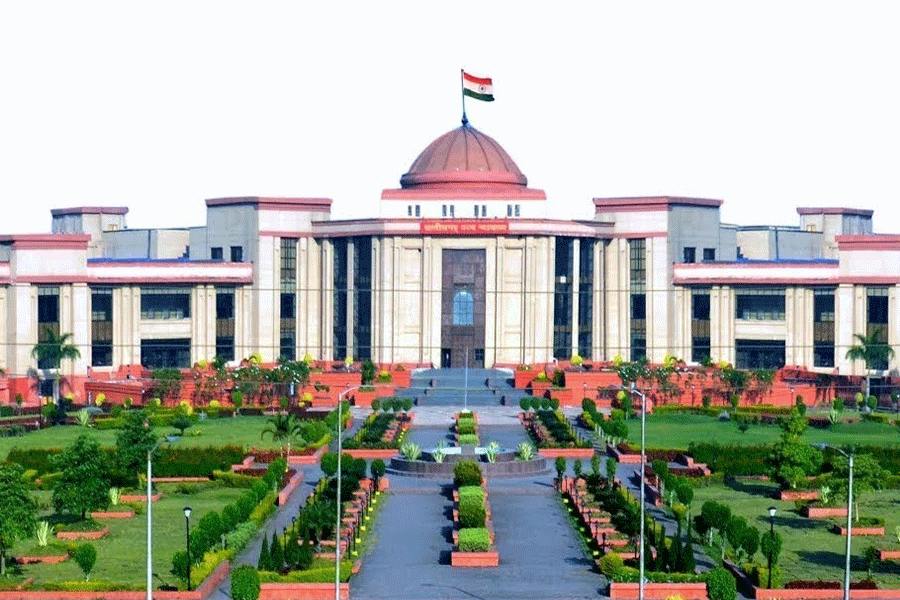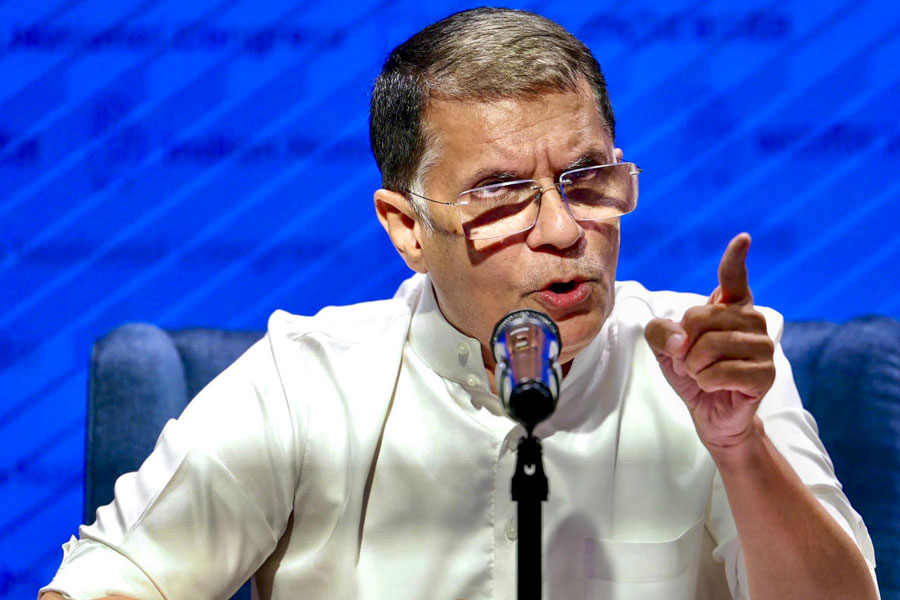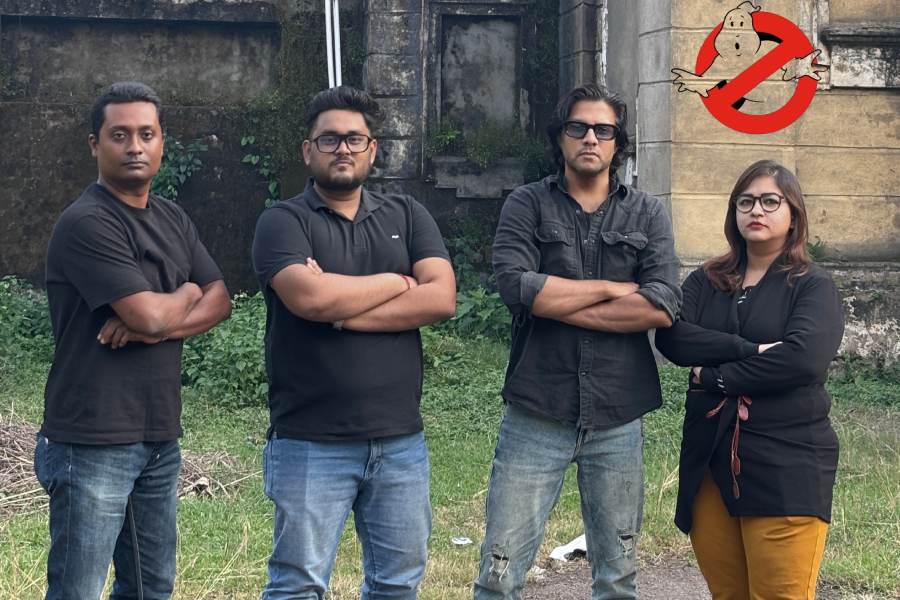A section of former Presidency students will meet education minister Bratya Basu later this month to request that the state joint entrance examination (JEE) board be asked to engage Presidency teachers while formulating question papers of its undergraduate admission tests.
The Presidency Alumni Association met last week following complaints that the JEE board, which has been conducting the undergraduate admission tests of Presidency since 2015, has stopped engaging Presidency teachers in setting the question papers.
This, the former students alleged, led to a fall in the quality of the questions being set.
Since the education department played a role following a request by former students in engaging the JEE board to hold the admission tests in 2015, the association has decided to approach Basu, himself an alumnus of the erstwhile Presidency College.
The Presidency University teachers, who are also members of the association, have also supported the move. The former students said they were opposed to multiple-choice questions to screen students in the humanities. Initially, the board used Presidency teachers to set the question papers.
“Then they stopped engaging our teachers. They have been testing students on MCQs to screen students in the humanities subjects. If MCQs are set innovatively, there is a chance that bright students could be attracted. But that is not happening,” said Shibaji Pratim Basu, a member of the association and former interim vice-chancellor of North Bengal University.
The erstwhile Presidency mentor group in its sixth and final report to chief minister Mamata Banerjee in January 2018 said that entrance tests should be “of the highest standard” to ensure that the candidates who get chosen are the best of the lot and recommended that it “believes” that in humanities, the only way to achieve this was by having subjective questions instead of MCQs.
Last week, the Presidency teachers wrote to acting vice-chancellor Nirmalya Narayan Chakraborty expressing concern over the handling of undergraduate admissions.
“In the initial years, Presidency faculty members were involved in setting question papers, ensuring academic rigour and conceptual accuracy. We had expressed our reservations when the board opted to take over the entire question-setting process. While we acknowledged the logic of expanding access and reach across the state, recent developments marked by inefficiencies and opacity force us to reconsider our arrangement with the JEE board,” they wrote on July 28.
The president of the alumni association, Sutirtha Bhattacharya, said: “The teachers must be involved in setting question papers. The teachers must have a say in the screening. When the teachers are willing to take the load, they must be engaged to decide what the question pattern should be.” JEE board chairperson Sonali Chakravarti Banerjee said in a text message: “There was a time when Presidency College (like most other major institutions of learning) used to conduct its own admission tests. Even today, most universities/institutions of higher education do that. I do not know why Presidency University chose to outsource this activity and involve WBJEEB! If they consciously outsourced for the sake of transparency, they probably voluntarily sought some dissociation and distantiation from the process of admission.”
Presidency physics teacher Sucherana Chatterjee, who attended the alumni association meeting, echoed the demand for a greater role for teachers. “Presidency is a liberal arts university, and we train students in a certain way, and we admit students based on that. The question patterns produced by JEE boards are done with rigour and are definitely of high quality, but not tailored to the needs of our curriculum and teaching philosophy,” Chatterjee told Metro.

